The Hyundai N Hot Hatch Is Dead, And We Should Mourn It
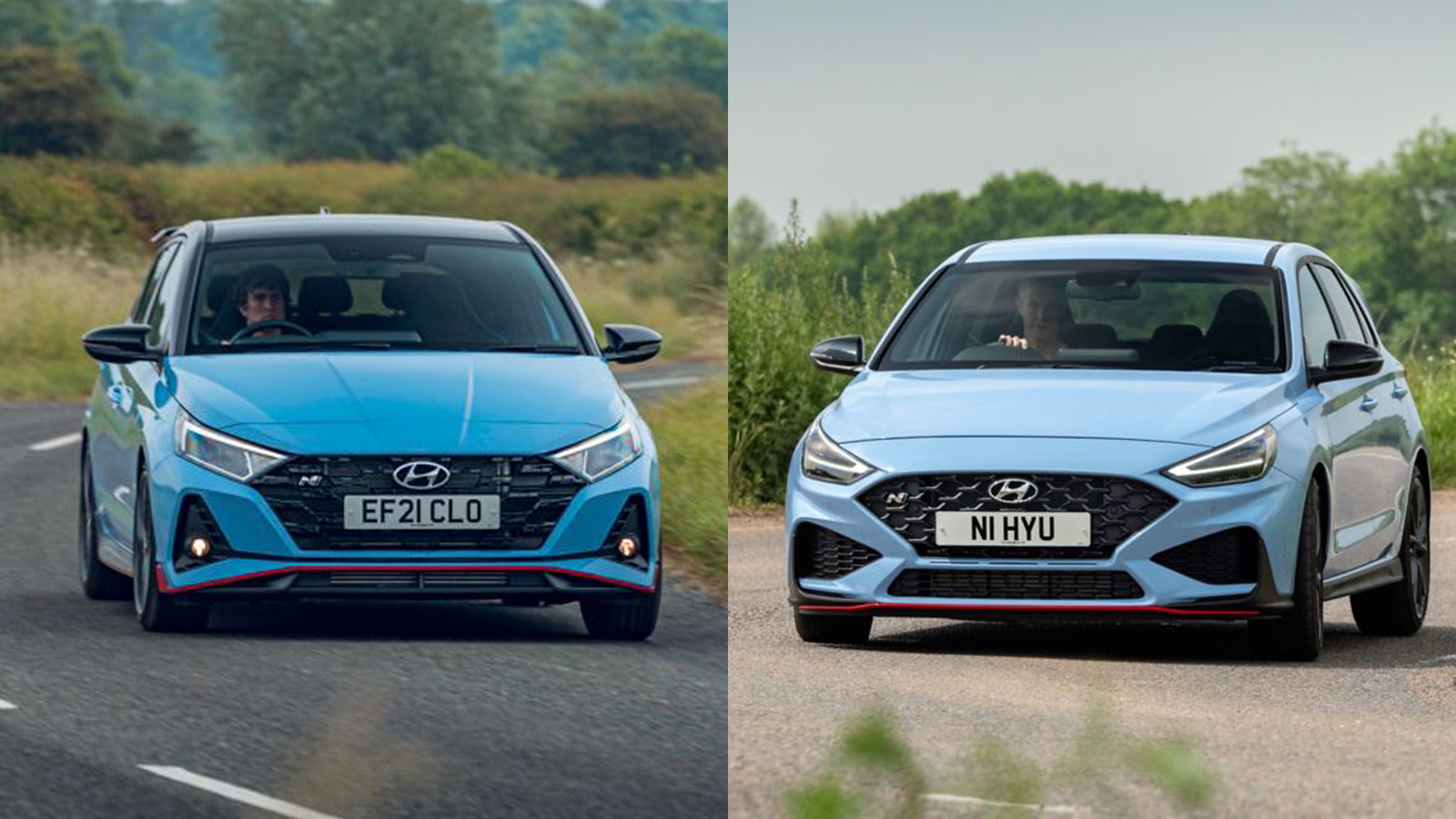
Back in 2014, Hyundai did something nobody could’ve predicted just a short while earlier. It decided it was going to build performance cars.
This was a brand that, at the time, was known for little more than very sensible, well-warrantied econoboxes that would be kind to wallet but do little to encourage the release of dopamine into your prefrontal cortex.
The idea then that it could transform any of its range into something that’d mainline adrenaline into your bloodstream was almost laughable, but it set about things the right way.
A works-backed World Rally Championship team emblazoned with the new N branding was born, and it set about introducing the world to the N Vision Gran Turismo to showcase its idea of a no-limits sports car.
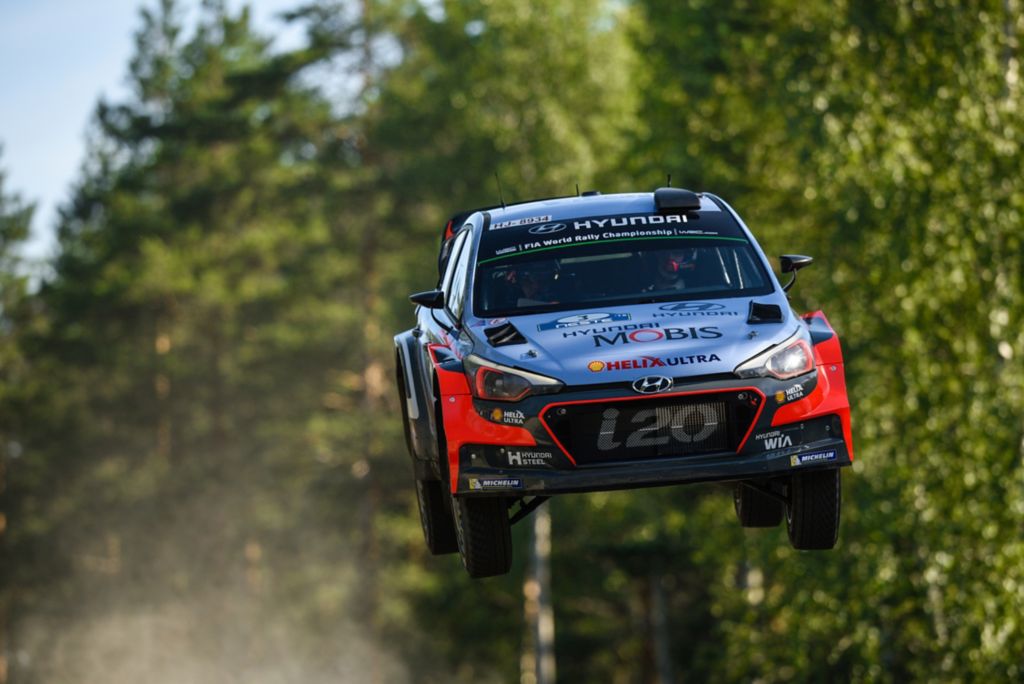
Most importantly of all, though, it brought Albert Biermann in, a man who had been key at BMW’s M division for decades. If Hyundai wasn’t being taken seriously before, it certainly was now. The first fruit fell from the N tree in 2017 in the form of the Hyundai i30 N and, quelle surprise, it turned out to be something pretty special.
Here was a car that felt as sharp to handle as a Ford Focus ST, about as playful as a Renault Megane RS and the soundtrack you’d expect to hear from the back of a remapped VW Golf GTI. From the brand of which its most exciting car to this point was a poor facsimile of a Ford Probe, which is saying something in itself. Mind-boggling.
Hitting it out of the park so early on opened up the doors to the N being a bit of a one-hit wonder but, delightfully, that didn’t prove the case. Here came the Hyundai i20 N to take on the all-conquering McDonald’s car park hero, the Ford Fiesta ST - and again, the Hyundai seriously competed.
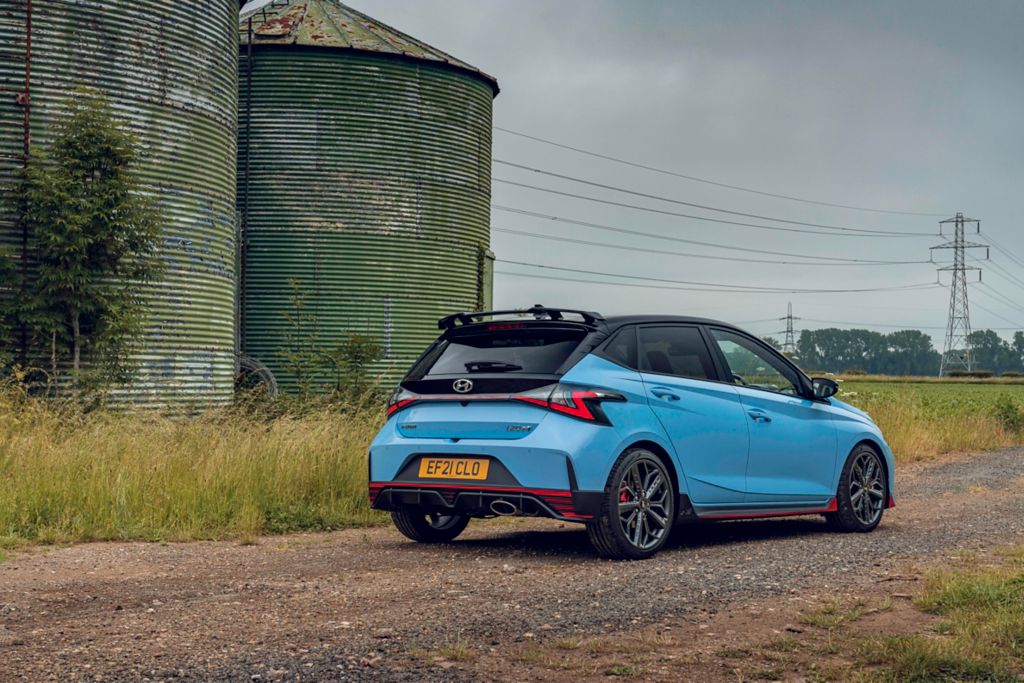
In the same way Hyundai had revolutionised itself by offering well-valued, genuinely commendable cars in the early ‘10s, it had successfully positioned the N brand as a bonafide hot hatch brand.
The Kona N may not have matched either of those, but then again the ‘hot’ SUV isn’t exactly thriving - just read our review of the Ford Puma ST Powershift.
Then something inevitable happened, Hyundai decided N was going to become an electric performance brand. Its first effort, the Ioniq 5 N is upon us and early impressions have been good, but it’s got 641bhp on-tap and a price tag touching £65,000 - not all that far off a BMW i4 M50 for some context.
Objectively, the Ioniq 5 N will surely prove a technical marvel and hopefully, mark the transformation of electric cars simply going from being mega-powerful to genuine fun. Had it existed as a halo model alongside Hyundai’s more approachable hot hatches, there’d be little to argue.
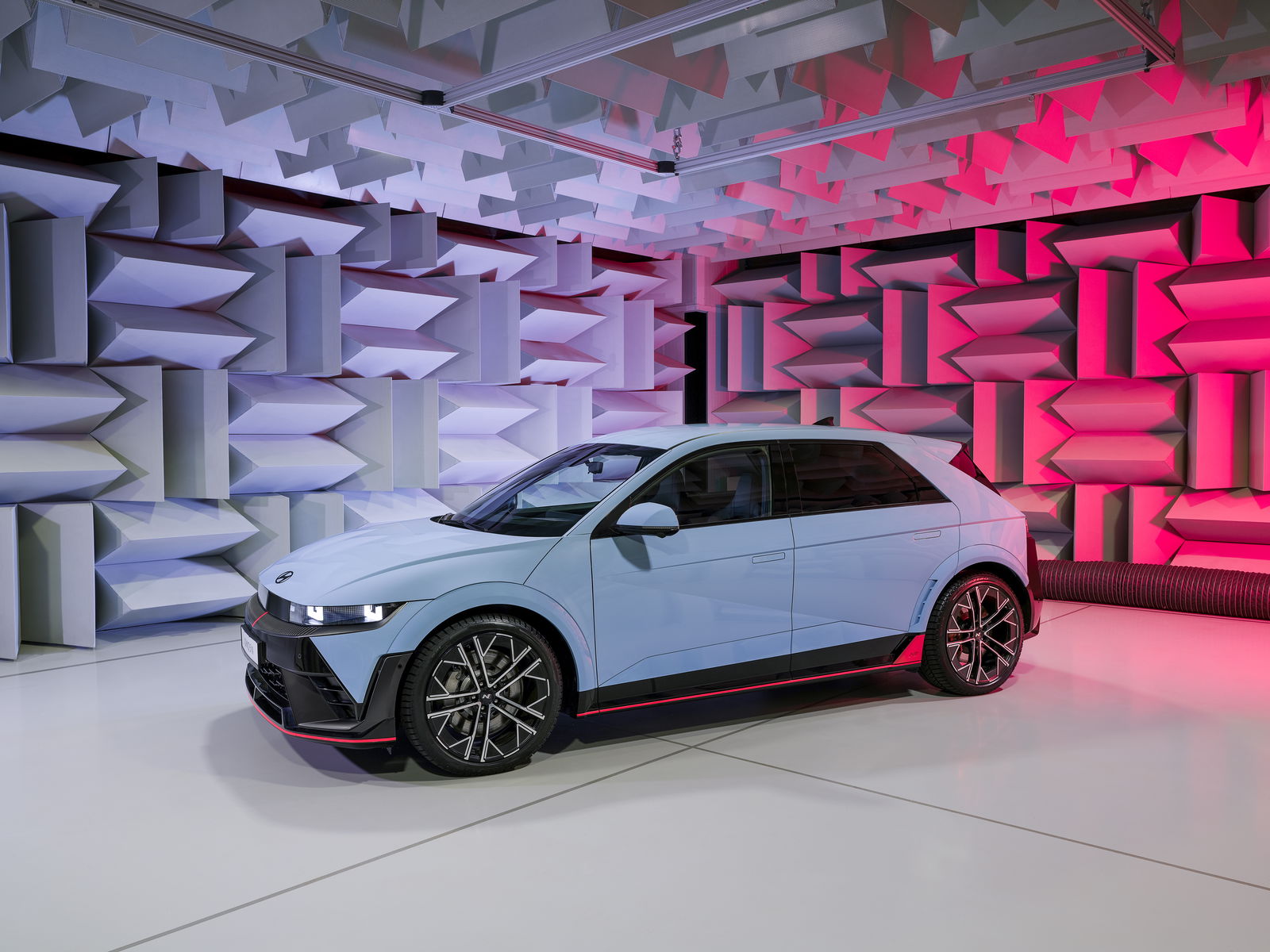
Last week, though, Hyundai confirmed production of both the i20 N and i30 N have stopped and for once, we can’t blame ever-stringent emissions regulations - this is of the Korean manufacturers’ own doing. The decision is “in line with our commitment to offering a zero-tailpipe-emission line-up to our customers by 2035 and to operating 100 per cent carbon neutrally by 2045”.
That’s a commendable sentiment and all, but the year is 2024. The current i30 and i20 don’t seem to be going anywhere anytime soon, making the decision a little more baffling.
If I were to speculate, I’d see it as Hyundai making an early effort to change the brand image of the N from being the middle-working class hero to the most exciting electric brand around before the Ioniq 5 N lands in showrooms and the Ioniq 6 N is thrust upon us.
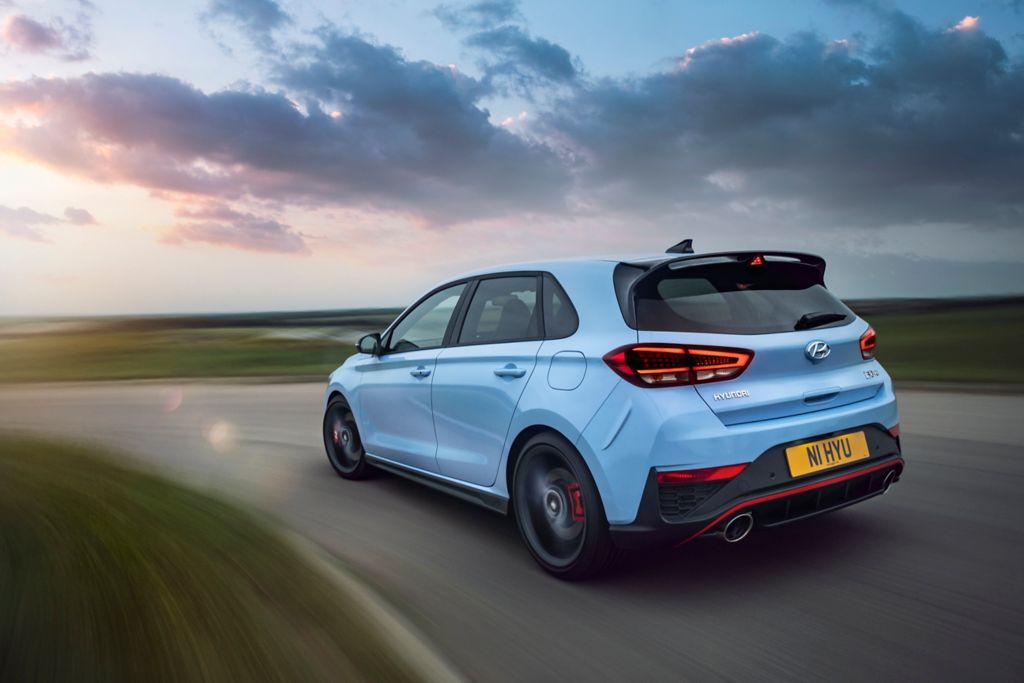
But in doing so, we’re ever closer to the extinction of the hot hatch as we know it. The Ford Focus ST is dead, as is the manual VW Golf GTI and Renaultsport as a whole. The Honda Civic Type R is now a near-£50,000 car and, although Toyota is wonderfully committing to bringing the world the GR Yaris for as long as it can, that feels like a totally different prospect. If you can even get your hands on one.
I had the chance recently to drive both N hatches pretty much back-to-back and they still give the same buzz as when they first arrived. Though different in size, both offer the same basic concept - a raw, connected true hot hatch experience that so many other attempts at fast small cars haven’t quite gotten right in recent years. Even more so now everything is going big, electric and designed ever more to isolate the driver.
Having arrived in 2017 as an unexpected and very welcome contender in the hot hatch market, Hyundai has found itself among the last standing. Now with its move upstream, the small performance car pond is looking very lonely. Admire it while you can.
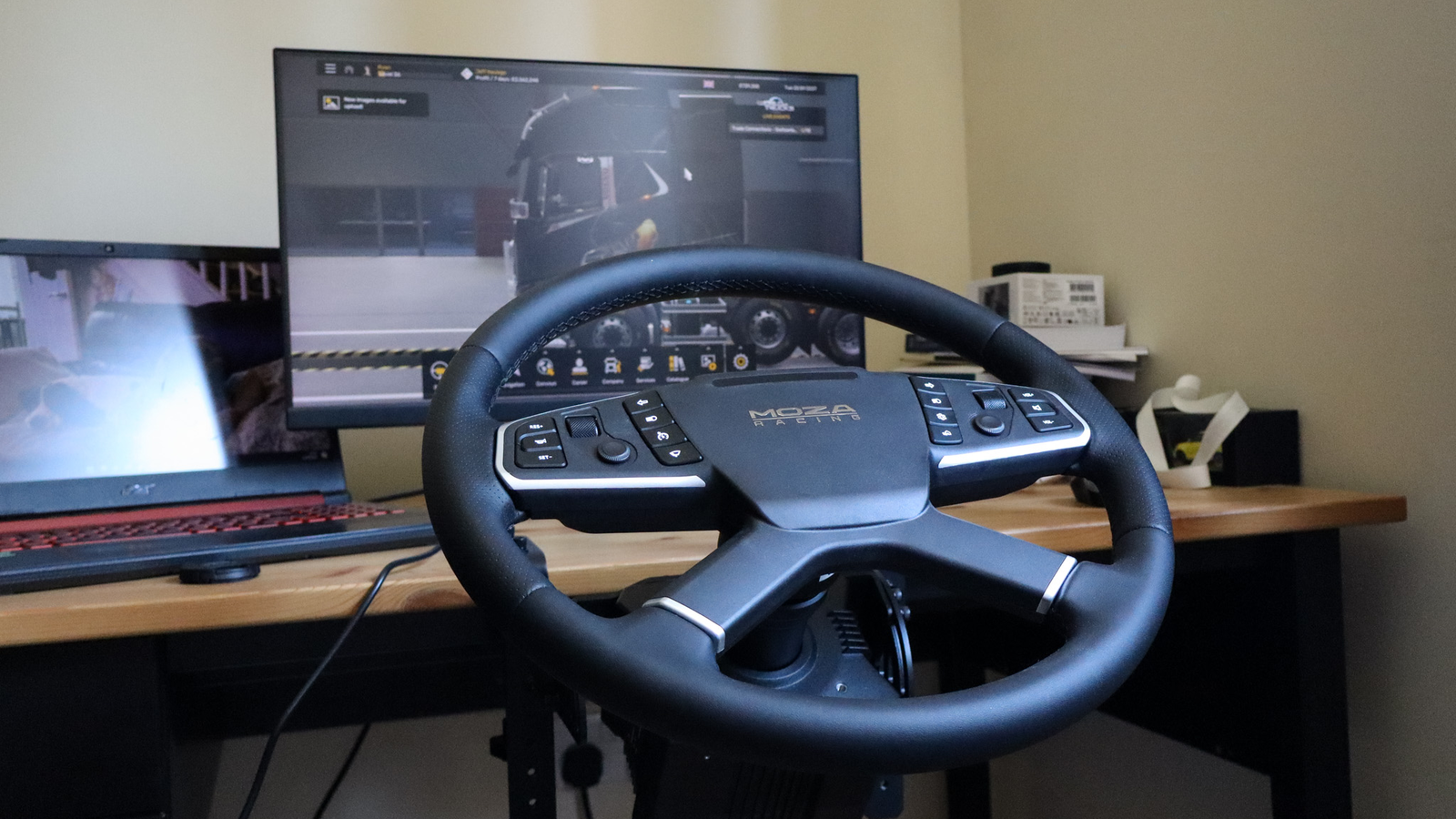








Comments